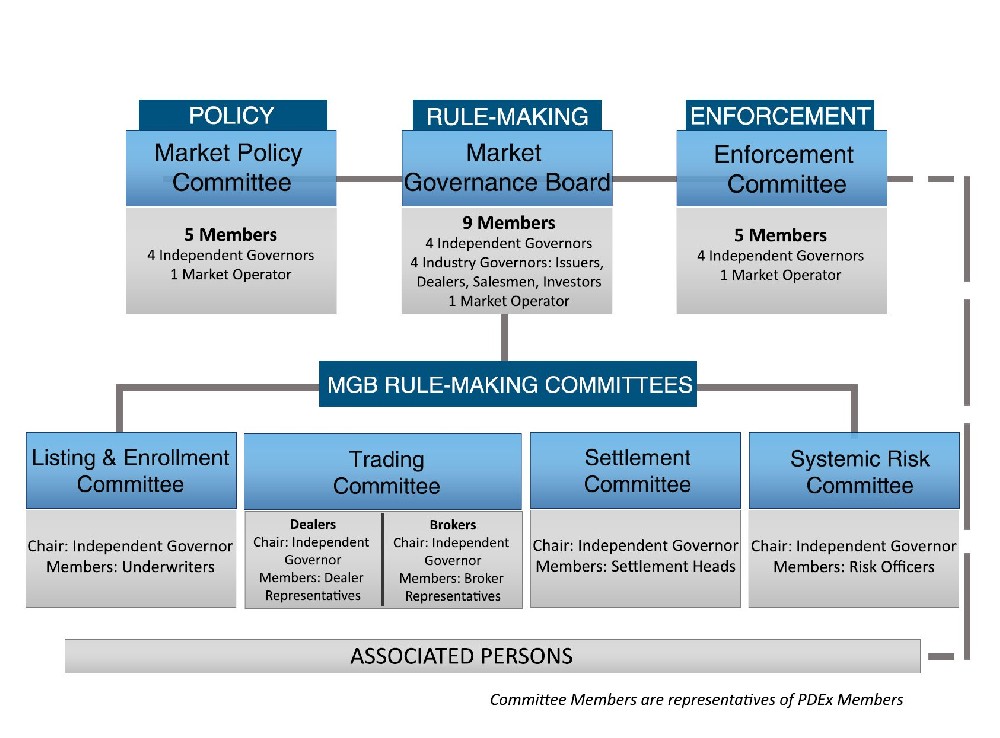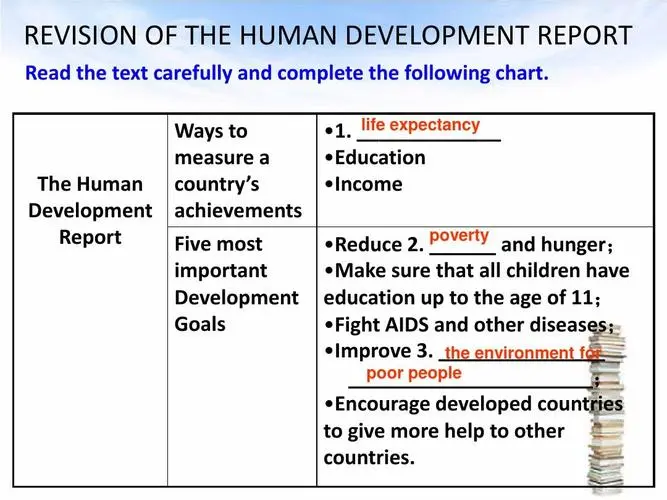The position of the US dollar in the international monetary system is a complex and important topic that has been the subject of much debate and analysis. Based on the web search results that I found using the query “The position of the US dollar in the international monetary system”, here are some of the main points and insights that I can share with you:
The US dollar is the dominant international reserve currency, meaning that it is the most widely held and used currency by central banks and other entities for their foreign exchange reserves. The dollar accounts for about 60 percent of the globally disclosed official foreign reserves, far surpassing all other currencies, including the euro, the yen, the pound, and the renminbi. The dollar is also the most commonly used currency for international trade and transactions, such as cross-border bank lending, debt issuance, and invoicing.
The dollar’s preeminent role in the global economy is supported by several factors, such as the size and strength of the US economy, its stability and openness to trade and capital flows, its strong property rights and the rule of law, and the depth and liquidity of its financial markets. The dollar’s status also confers some benefits to the United States, such as lower borrowing costs, greater policy autonomy, and the ability to use financial sanctions as a tool of diplomacy.
However, the dollar’s dominance also comes with some drawbacks and challenges, both for the United States and the rest of the world. Some experts argue that high foreign demand for dollars contributes to trade deficits and job losses in the US, as well as global imbalances and instability. Moreover, the extensive use of US sanctions and the fallout from the COVID-19 pandemic have driven some countries to seek alternatives to the dollar, raising fears of “de-dollarization” or a decline in the dollar’s global role.
Despite these challenges, few serious contenders have emerged to challenge the dollar’s position as the leading reserve currency. The euro, the yen, the pound, and the renminbi all face various limitations and obstacles, such as political fragmentation, economic stagnation, financial underdevelopment, or capital controls. Thus, it is unlikely that the dollar will be replaced as the primary reserve currency anytime soon, unless there are major structural shifts in the international monetary system or a loss of confidence in the US economic and political institutions.







